By Jean Christou and Kyriacos Iacovides
If there was a way to sum up Archbishop Chrysostomos II, almost everyone would probably agree that he could be described as outspoken, bombastic and unapologetic about who he was and what he believed. This was down to his astonishing self-confidence.
He has said that if there was such a thing as reincarnation, he would want to come back as exactly the same person. That person was named Herodotous Demetriou, born April 10, 1941 in Tala, Paphos, a poor boy who went to live at the Ayios Neophytos Monastery in Paphos at age 12 when his father was killed in a construction accident at the monastery.
This was by way of the Church taking on responsibility for one of the four fatherless children. The monastery was where he developed his business acumen by following the stock keeper around during his high-school years. After graduating, he was ordained a deacon at the monastery and did not go off to study at Athens University until he was 28, graduating in 1972. When he returned, he was made Abbot of the monastery and only six years later, became Bishop of Paphos, the real beginning of his public life and often headline-grabbing outbursts.
From his public statements over the decades, first as the Bishop of Paphos and then as the Archbishop from 2006, it would have been hard for anyone to view Chrysostomos II as a compassionate spiritual leader – he was widely viewed as the hard-nosed, down-to-earth CEO of the Autocephalous Church of Cyprus.
This was the image he clearly chose to project. Even his Christmas and Easter messages were mostly riddled with politics along with only the obligatory nod to Christianity that did not sound very sincere. His Christmas and Easter messages were just a small part of his contribution to public discourse. He expressed his personal opinions about most things, speaking to countless TV and radio shows on the phone about politics, social issues and church matters.
His outspokenness and disregard for political correctness meant that he had very many critics and detractors, but he was unfazed by anything negative said about him. Social media had always been full of disparaging and unflattering about him – a testament to his ability to antagonise – and it is unlikely people will adopt a more charitable attitude towards him, now he has gone.
- With the president and the Holy Synod
- With President Nicos Anastasiades
A journalist from Politis, a newspaper which is not a fan and has had plenty of run-ins with him after exposing some of his past dealings, spent the day with him a few years back. According to interviews they did with staff members at the Archbishopric, the Chrysostomos II they worked for was not the same person as the public persona and he was in fact a simple and kind person who was «tough but fair» as a boss.
One journalist made the following astute observation of Chrysostomos. “The public image of Archbishop Chrysostomos II is not shaped by our opinion, but by his narratives, his opinions, his behaviour and his way of life.” In other words, he always called the shots when it came to the public’s perception of him, and despite his humble origins he had the confidence to do this.
Interviews show him consistently maintaining that he did not care to be popular and indeed he has come out with enough outrageous public statements to prove it, to the point where you could almost say he went out of his way to actually court unpopularity as if it amused him somehow. He has in fact said he likes ‘to tickle’ public sentiment now and again. Though this has landed him in hot water on numerous occasions, he has always brushed it off.
Chrysostomos II has indeed ‘tickled public sentiment’, from his business dealings as Bishop of Paphos – once accused of helping to steal sand from the Lara turtle beach – to his hard-line views on the Cyprus issue and alleged support of far-right Elam. He was a leading campaigner for a ‘no’ vote in the 2004 referendum, promising refugees that the Church would help them out if they rejected the settlement plan, a promise that was never fulfilled.
This was just one of his broken promises. Another one was that he would stay as Archbishop for only five years, after his election in 2006, an election that illustrated his shrewdness. In the first round of voting, he collected the fewest votes of the three candidates – close to just 10 per cent – but he managed to persuade one of the candidates to stand down and back him in the final vote.
He said he never wanted to to be Archbishop and did not enjoy a single day of it, but there was a job to be done within the Church that he believed his rivals, Bishop Athanasios of Limassol and Bishop of Kykkos Nikiforos were not cut for. He was the Church pragmatist rather than a spiritual leader. His pragmatism, ability to cut a deal and an unshakeable self-confidence was evident from a young age.
Once he recounted how at the age of 22 in 1963, when he was a deacon at the Ayios Neophytos Monastery in Paphos, he took the personal initiative of going to Nicosia to see President Makarios at the Archbishopric. On behalf of Makarios, he pulled off a small coup for the election of an unpopular candidate as Abbot of the monastery.
At first he was kicked out of Makarios’ office by an aide but didn’t leave the premises. «I went to one of Makarios’ other aides who was from Paphos and asked him to arrange for me to see him at noon,» he said, adding that he did get to see Makarios who asked him how he could help get the unpopular clergyman elected as Abbot.
Chrysostomos responded: “I will threaten the naysayers because I know their secrets and I will explain to the naysayers that he is an educated man, he would be a good abbot.”
“How many days do you need to arrange the election?”, Makarios asked him.
- Being enthroned
- On his 81st birthday in April
“I asked for two or three days. He wanted to test me to see if I had the ability to achieve what I was telling him. I not only threatened the first five [clergy], the difficult ones, I also told them what to do.” According to Chrysostomos’ account, Makarios himself went by helicopter to the monastery for the election and he learned later from the new Abbot that Makarios had said: “I have come to congratulate you, but I have come to tell you to watch out for the young deacon, who is the one who arranged for your election. No one wanted you. But he got them all to fall in line. Watch out for the little guy. He has skills and don’t get too close to him so he doesn’t go against you. I saw that he has abilities and has clear positions for the monastery. He came to the Archdiocese and I admired him… 22 years old… such a young monk having such clear views…”
Perhaps it was all an embellishment, just grandstanding by Chrysostomos II. But it is probably fair to say that his was always his modus operandi, and he did make it to the top of the heap whatever his reasons. Has he left the Church in a better place? He seemed to think so shortly before his death when numerous reports began resurfacing that things were already underway to choose a successor.
Whether or not Chrysostomos was a ‘Man of God’ is eminently debatable, and based on his public statements alone, one might surmise that he was not in the traditional or accepted sense. But it is clear that he was always a ‘Man of the Church’.
And he was big on charity, the Church spending some €3 million a year helping people. A person close to him, spoke about the hundreds of families the Church was helping, pointing out that his predecessor, in stark contrast, “only helped his own family.” He was unwilling to publicise this part of his job, as he was not after popularity.
On most issues, however, he was happy to go public. As caretaker of the Archbishop’s throne – during the long illness of his predecessor – he accused clergymen of homosexuality and demanded their defrocking. In one case he produced a witness to prove his point, about a priest that was standing for election as Bishop of Limassol. More recently, he attacked priests that were against vaccinations, threatening to kick them out of the church. His reactionary views were not restricted to homosexuality and vaccination. His comments about Turks could often be described as racist, even though he enjoyed a good relationship with the Mufti of Cyprus. But when Turkey decided to turn the Hagia Sophia museum into a mosque, Chrysostomos did not pull his punches. “The Turks have remained uncivilised, they are uncouth and they will remain this way; Turkey has learned to destroy….”
But on the issue of the recognition of the Ukraine, which had split the Holy Synod in two, with many bishops siding with the Russian Patriarchate, Chrysostomos showed that he could be a tough leader. He refused to be intimidated by his bishops, taking the side of the Ecumenical Patriarch and recognising the independence of the Ukraine Orthodox Church.
While he was not afraid to take a stand on big Church issues he also became involved in rather shabby affairs, such as arranging a Cypriot passport for Malaysian fraudster, Jho Low, who had donated €300,000 to the Church.
Asked in one of his last interviews whether his long battle with cancer brought him closer to God, there was no philosophising, no regrets, no apologies for offence taken. He simply said it had made him “stricter”. Prior to that, he said if someone did not do their job properly, he did not mind that much. “With cancer now I don’t know when I’m leaving. I may leave quickly, I may leave late. But if I leave quickly I don’t want to leave an Archdiocese in tatters. That’s why I’m stricter.”
As to descriptions of him as a “challenging character”, the answer was an emphatic ‘No’.
People who knew him were always asking him why he projected a different character in public than in private to which he said he did not want to tip-toe around and court journalists in order to be praised or liked.
“I am honest. I don’t want to be a liar. And so when I’m alone and I’m praying, I say, God, if I were to come back to this world, this is how I’d like to come back. I wouldn’t want to be different”.


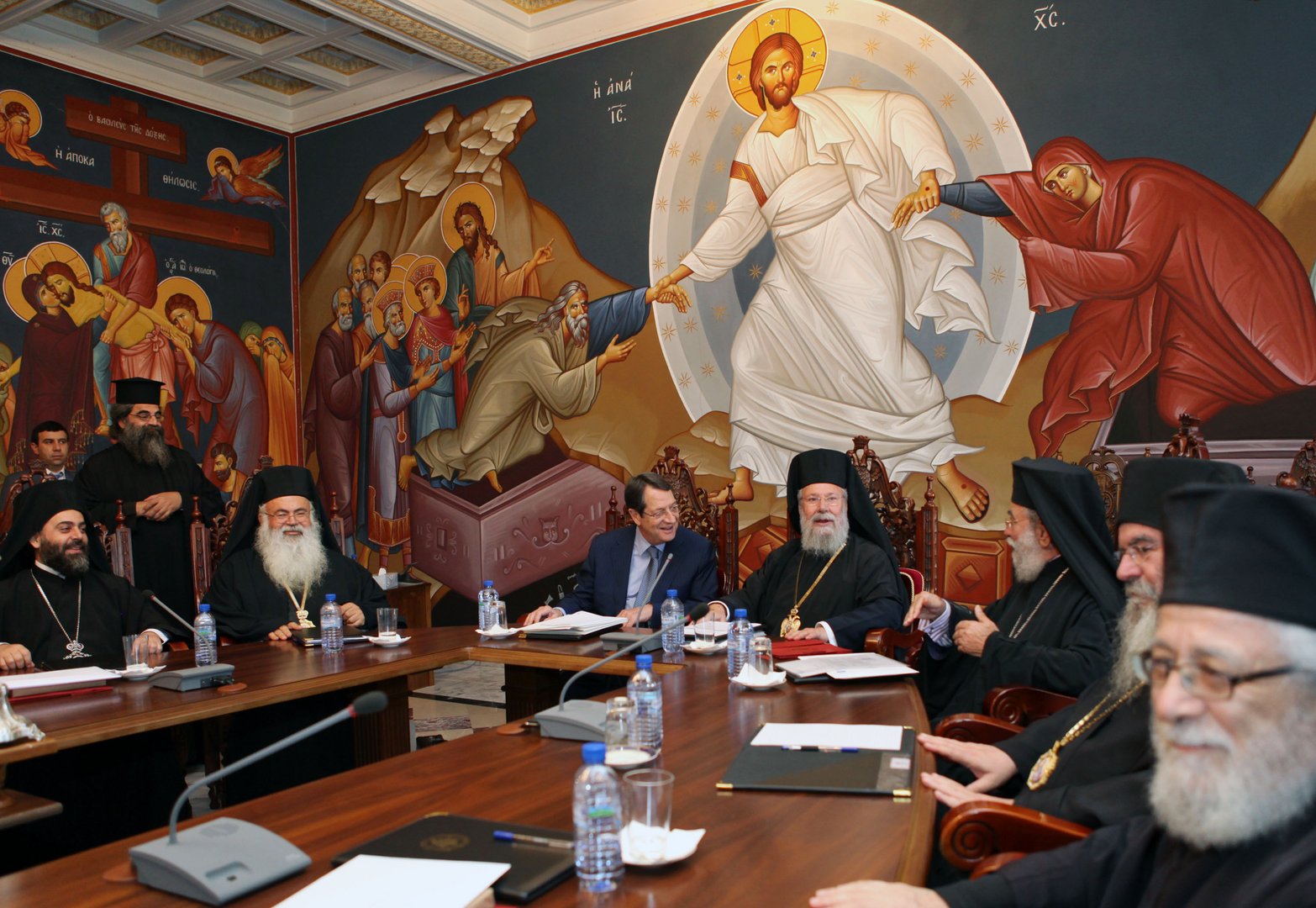

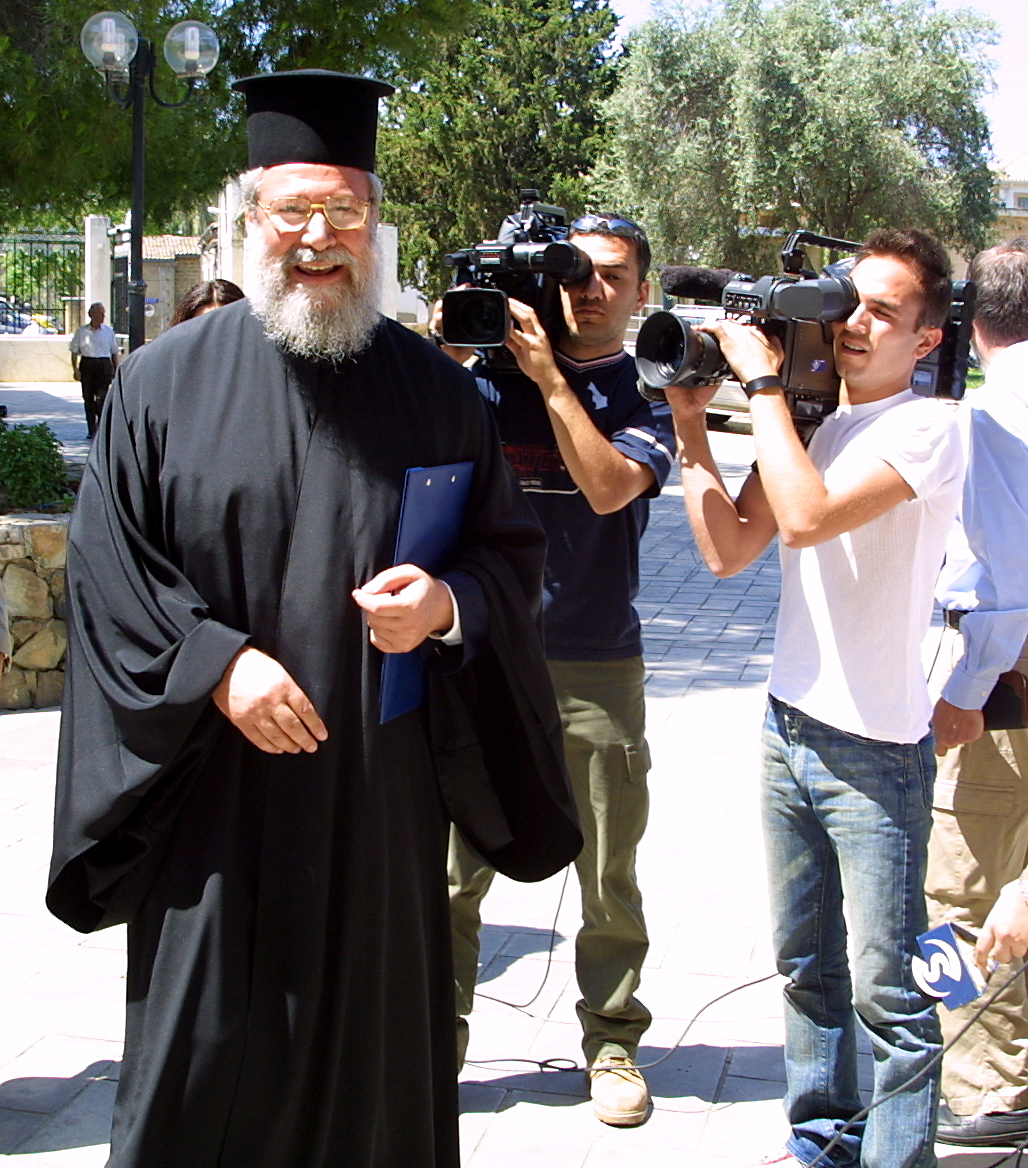
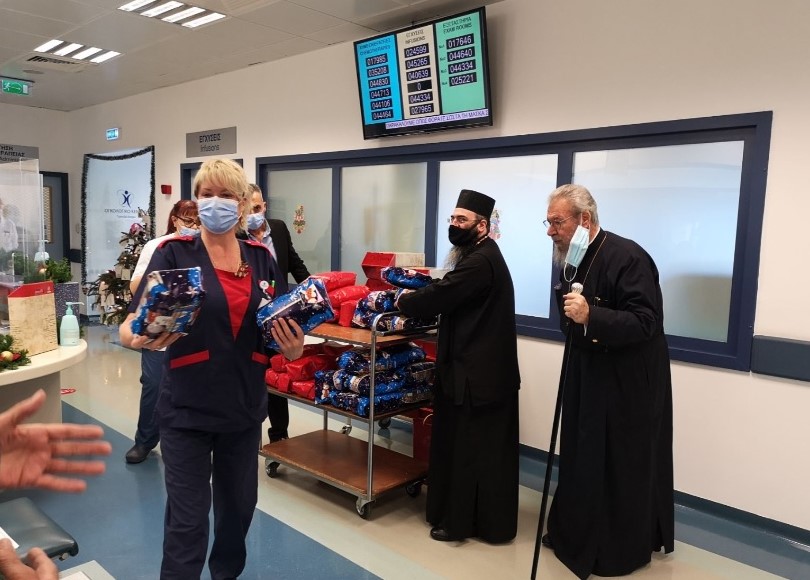
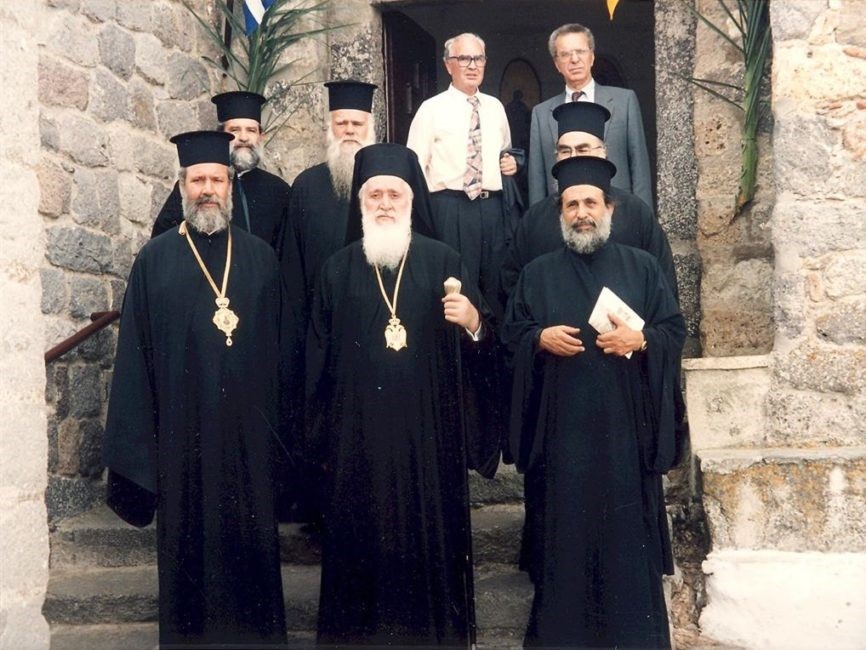
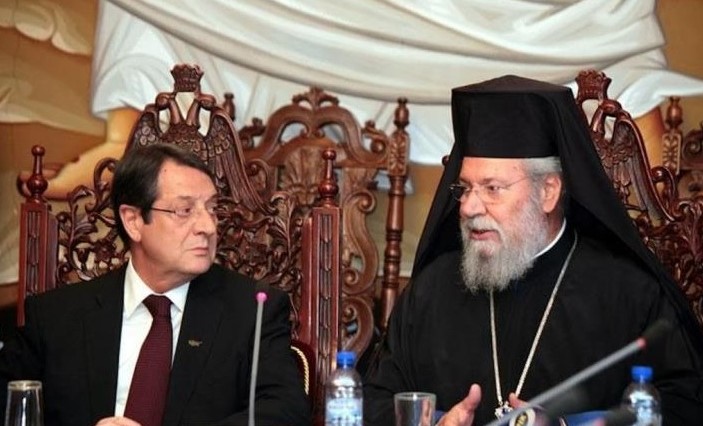
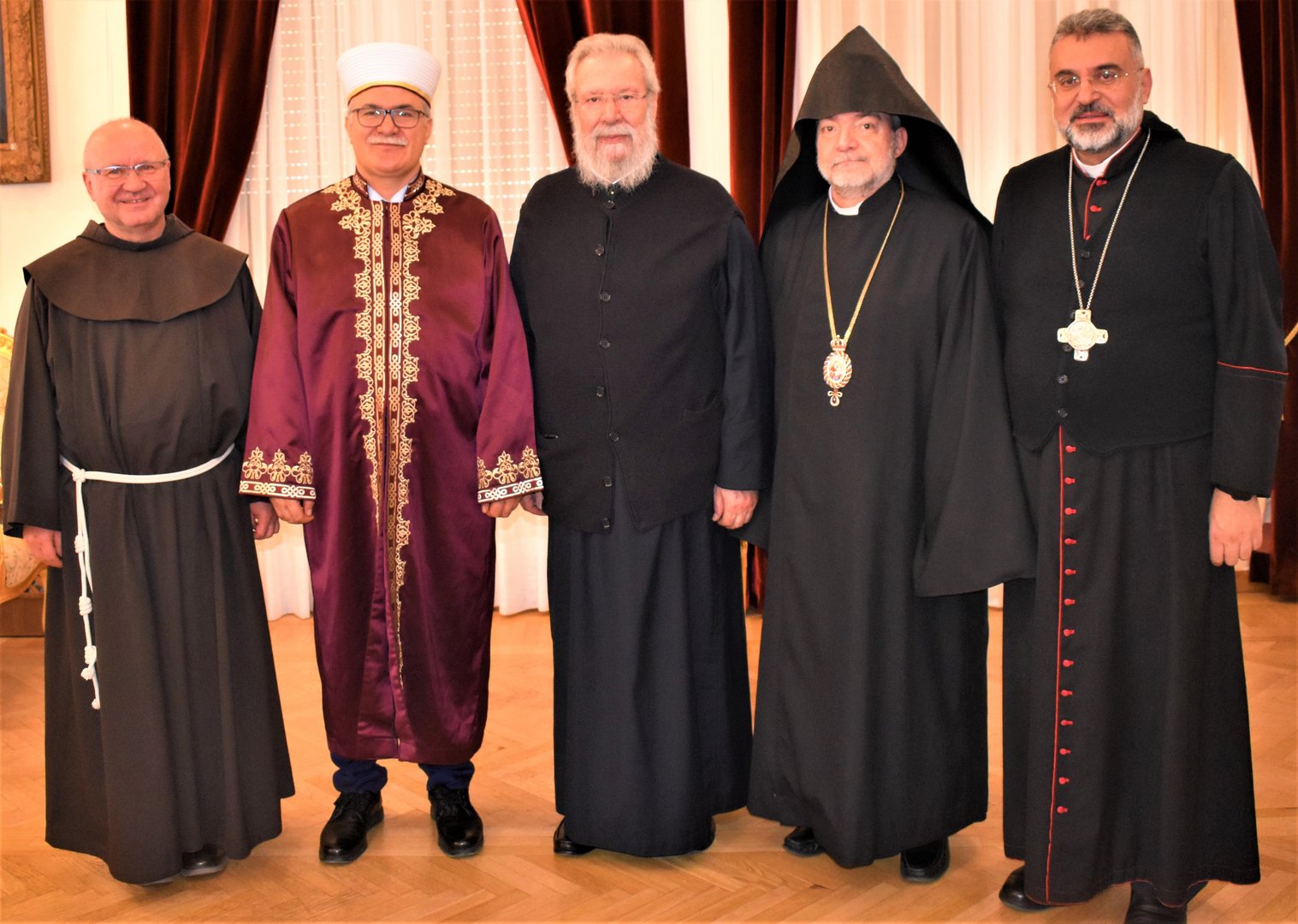
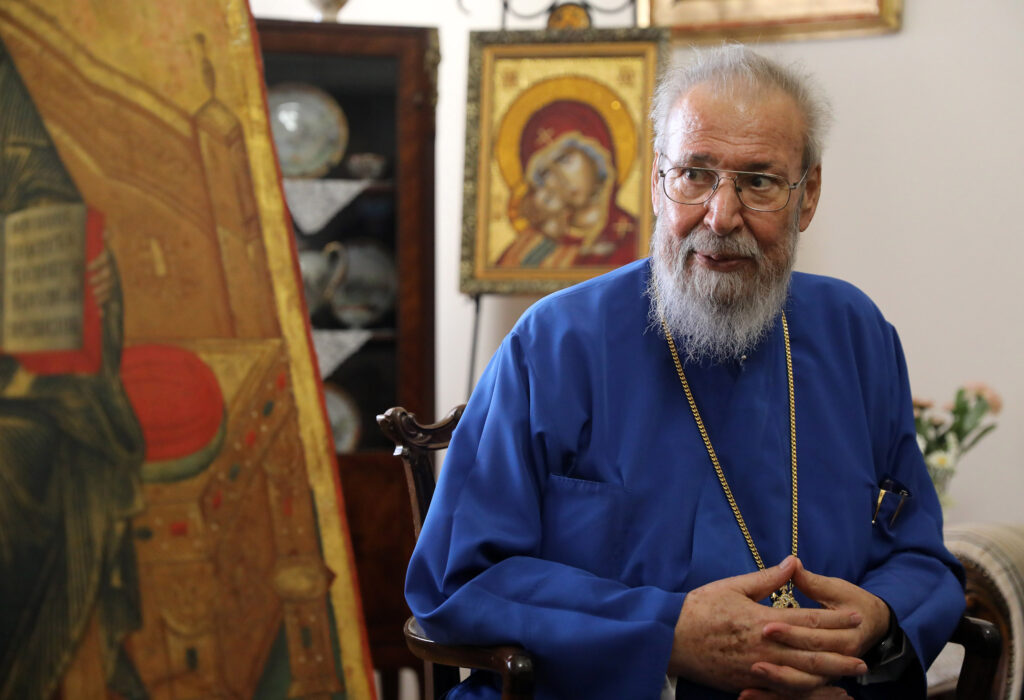

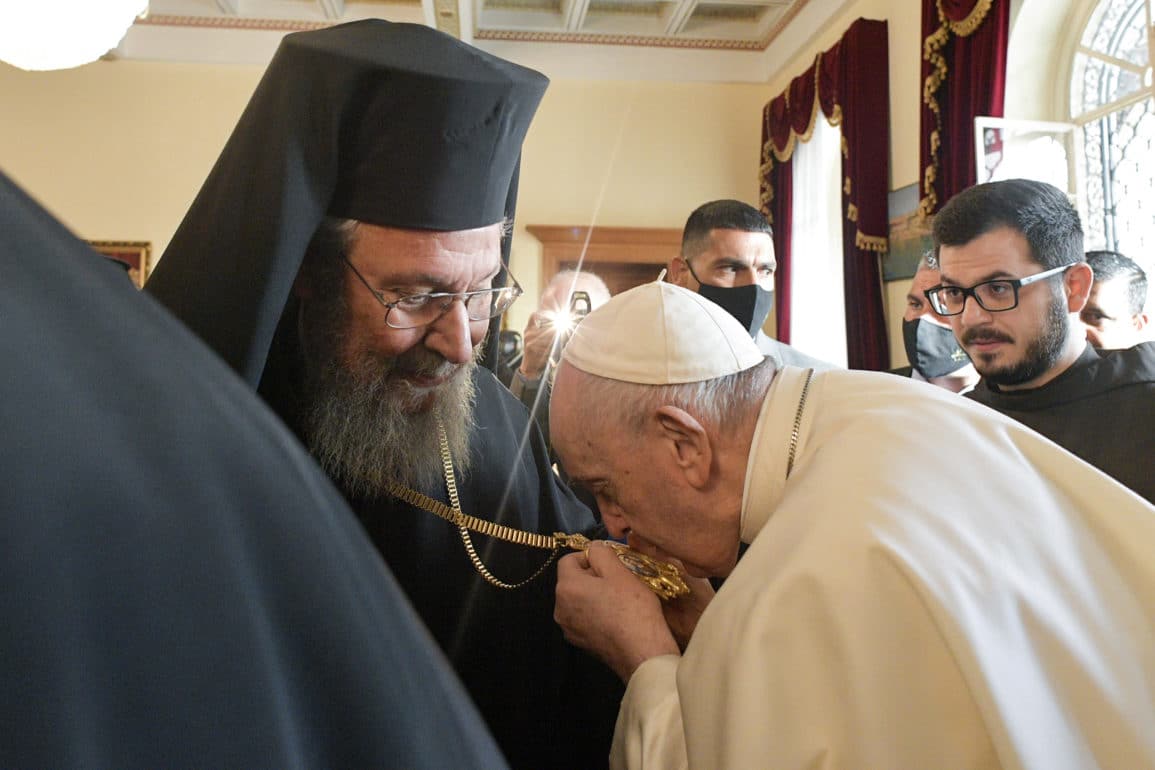
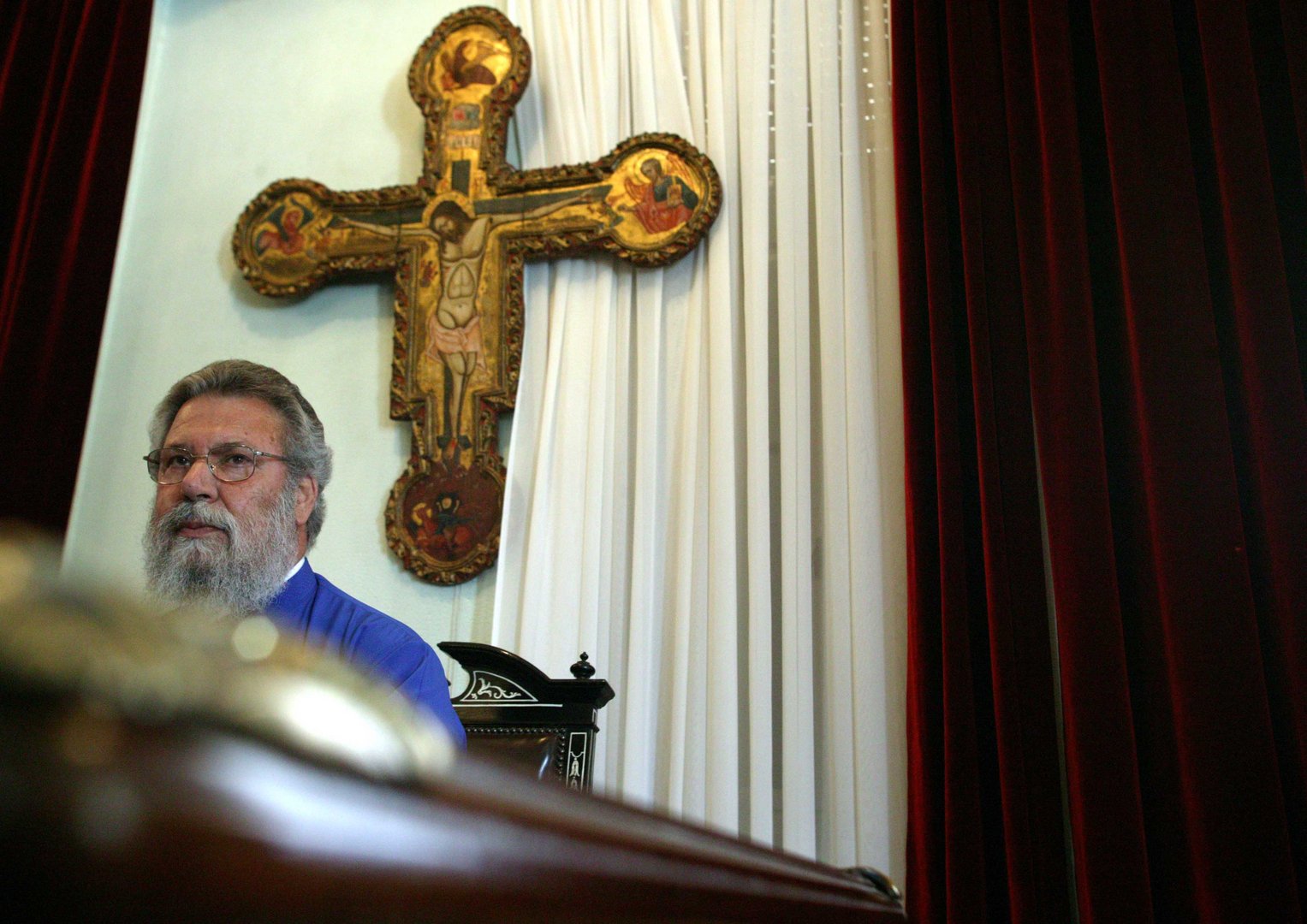
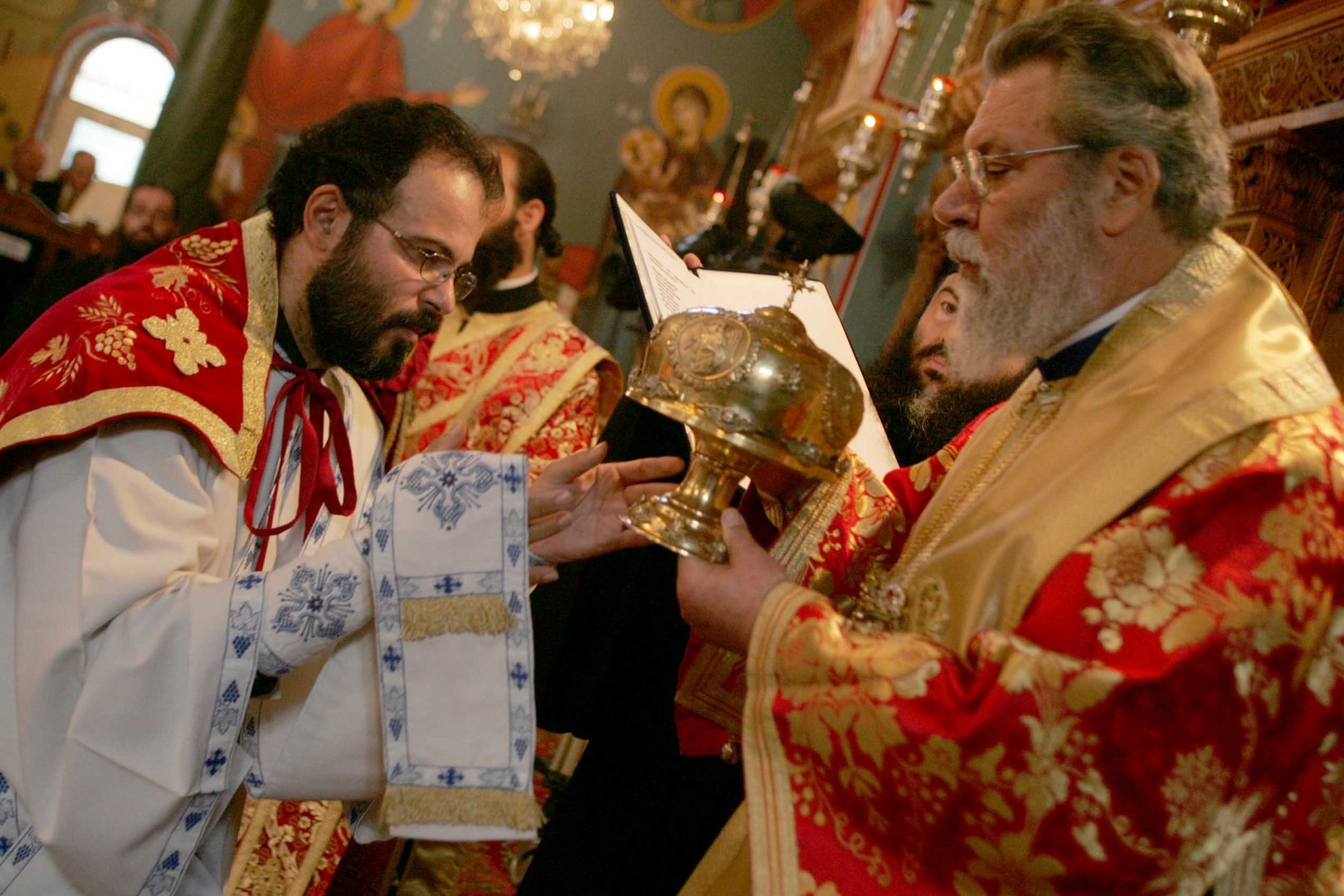
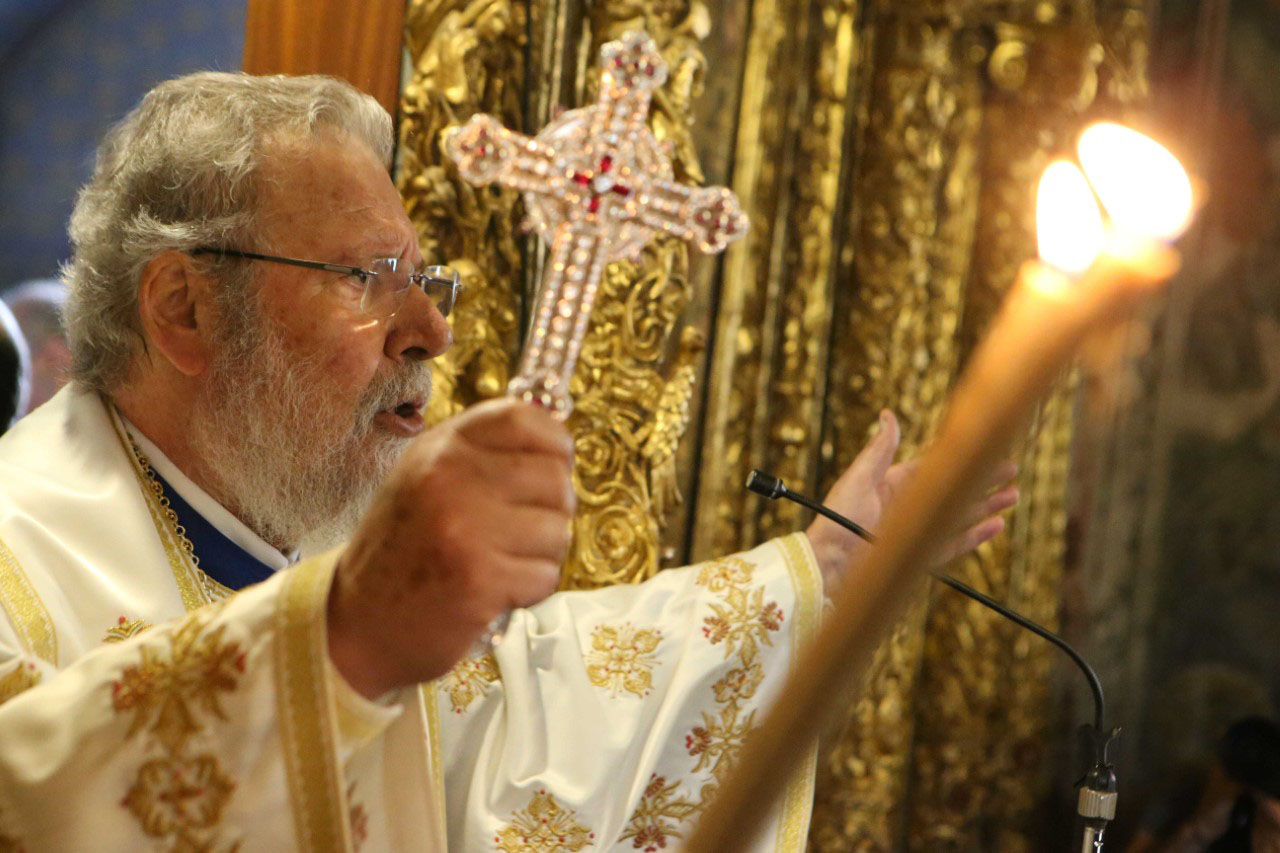
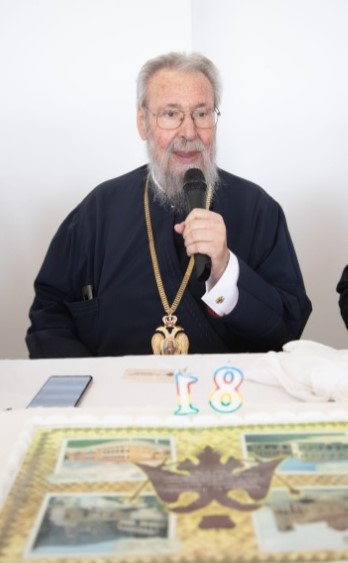





Click here to change your cookie preferences